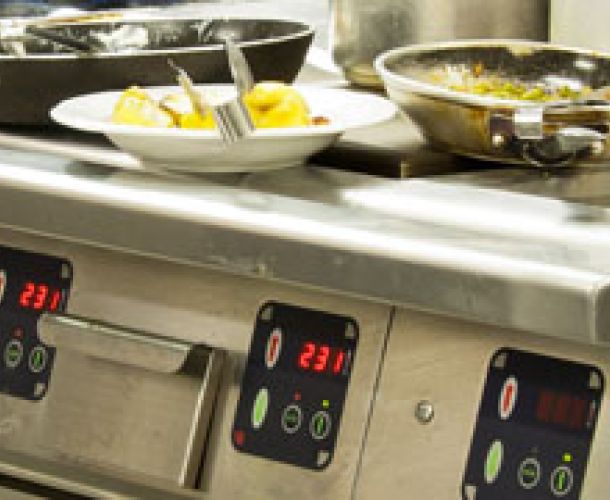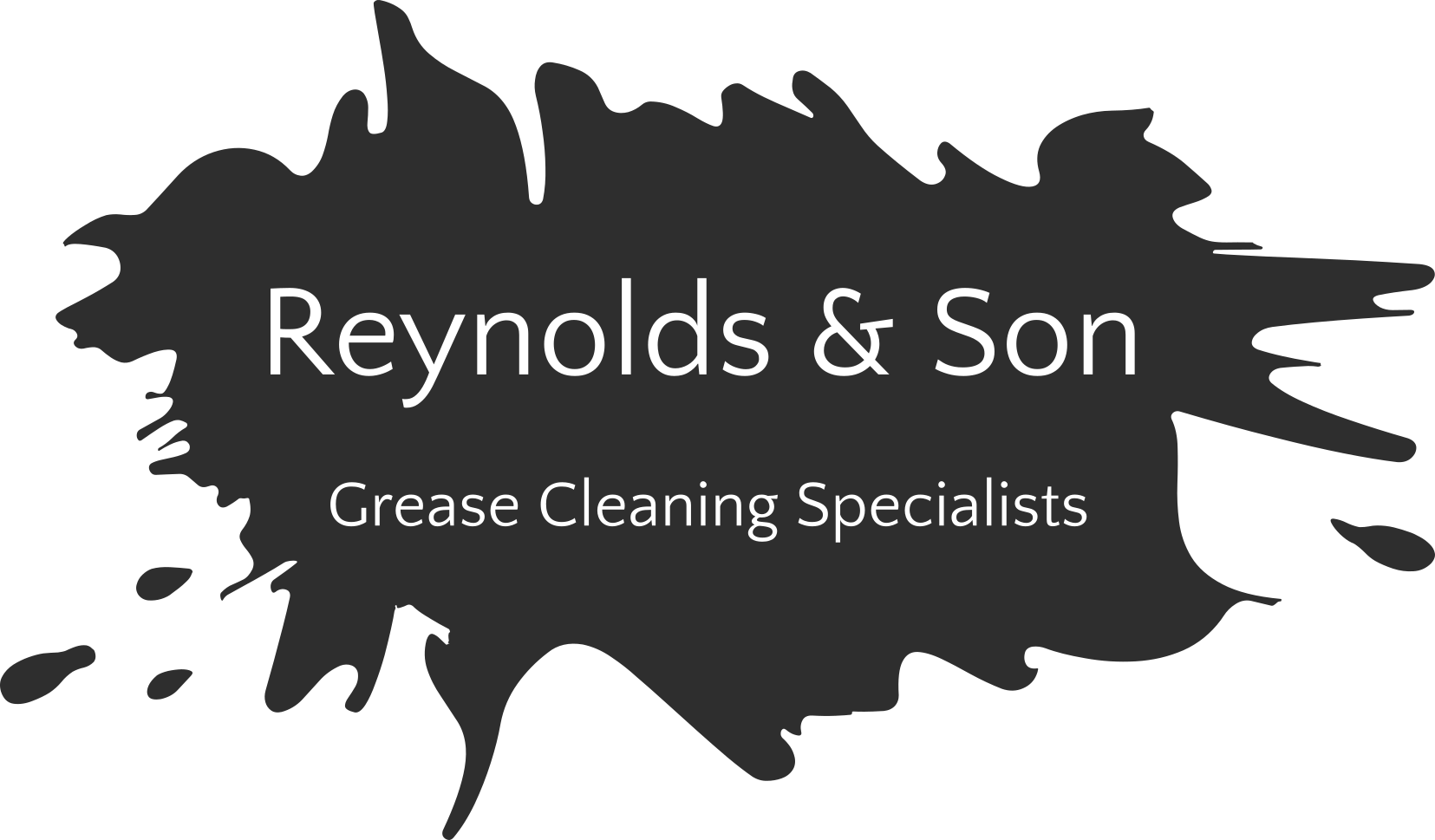Extraction Cleaning for Food Manufacturer
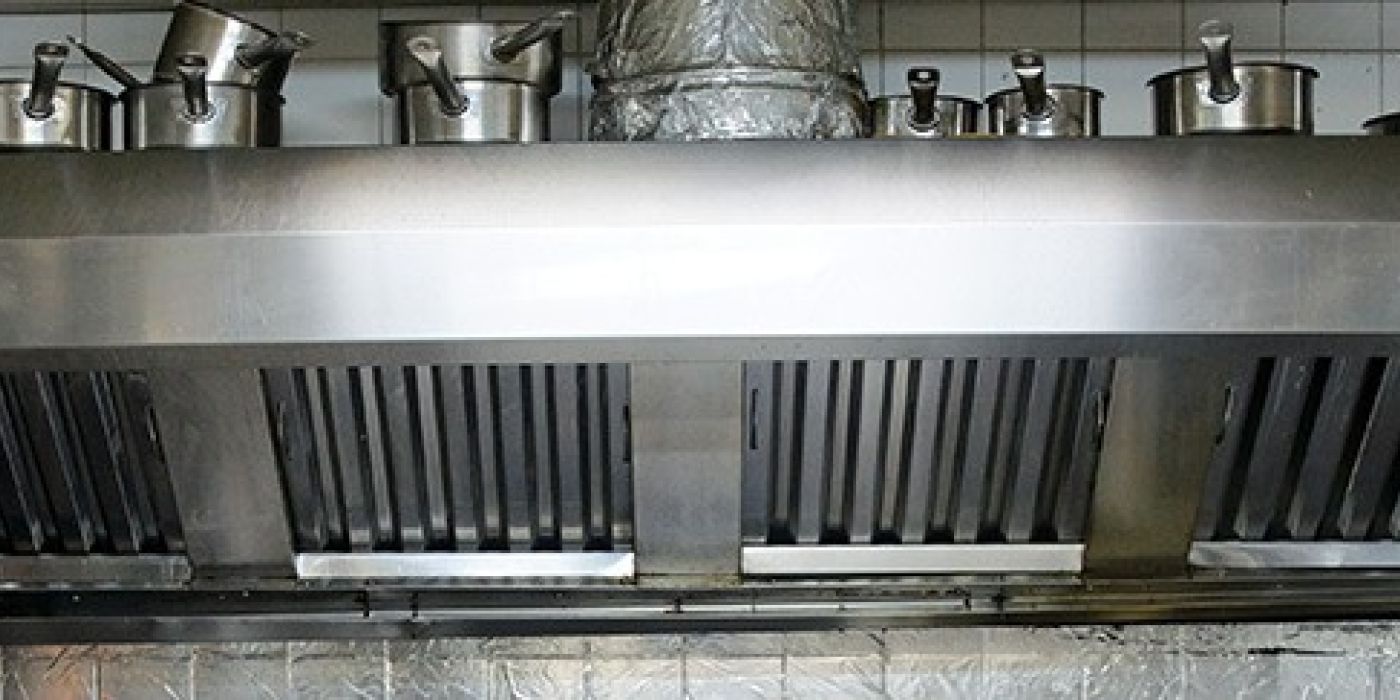
Extraction Cleaning for Food Manufacturing
Reynolds & Son are proud to provide the best extractor fan cleaning services for clients in the food manufacturing industry; we have over 15 years experience and a thorough understanding of working in a product-driven environment. Our professional extractor fan cleaning service will make sure that you meet and exceed insurance and legislation requirements.
Our team of experts are well equipped to clean the exterior and interior of the extraction canopies. They also remove the carbon coating and solidified cooking oil, giving special attention to the drip gullies, seams, rivets, removing and cleaning fan blades, extraction fans, motor casing and housing.
If required, we can remove and deep clean filters, trunk interiors, and filter housing to ensure all hygiene and fire risk safety standards are met.
A Fire Waiting to Happen
Extracted system fillers cannot reliably remove all vaporised grease, which condenses with debris onto the canopy plenum, fan, and duct surfaces. This accumulation only needs heat- which is readily available in every kitchen- to help trigger off a frightening process. A small flame or spark can cause spontaneous and aggressive combustion.
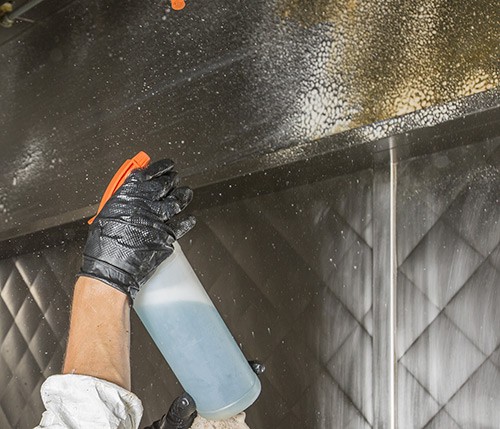
The grease deposited in the duct acts as the fuse, letting fire through the pipe and the building. Hot gases, fire, and smoke can break out at any penetration, joint, hole, or following heat-induced collapse of ductwork. Heat of up to 1200 degrees celsius travels through the metal to distort, ignite, and destroy nearby material, such as the duct supporting hangers, electrical systems, packing materials, and litter.
In that manner, fire can get to travel rapidly following the greased duct which may be hard and dangerous to the firefighters to access and curb.
Are You Willing To Take That Risk?
The insurance industry is fastening its attitude on the issue. This is hardly surprising since the Association of British Insurers has a record of losses associated with dirty kitchen extract fires from £25 million in 1997 to £65 million in 1998.
The Insurers’ Council of Loss Prevention is encouraging the households to carry out annual cleaning of the whole system by specialists. The exact frequency is supposed to be determined by the actual reasoned risk assessment. Failure to adhere to the terms issued could translate to the invalidation of the entire insurance policy, leaving property owners to take care of the loss at their own expense.
Latest Articles
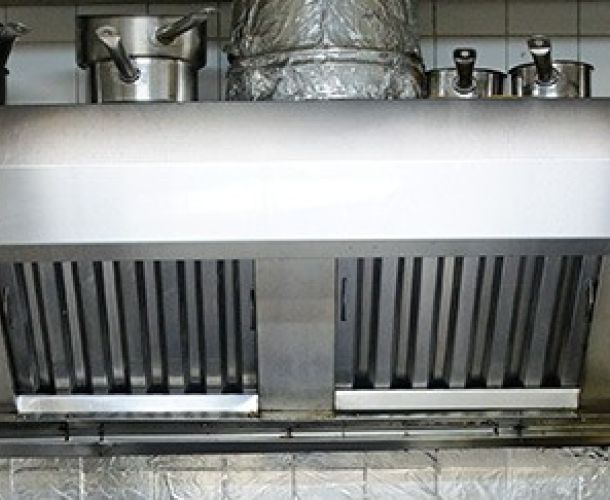
Extraction Cleaning for Food Manufacturer
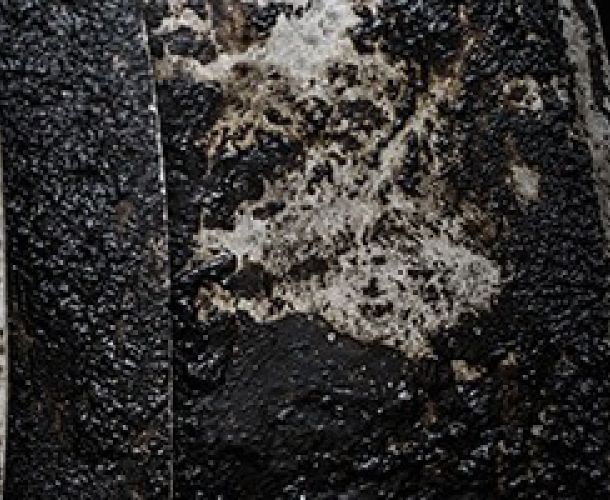
Hazards of Dirty Kitchen Ventilation
